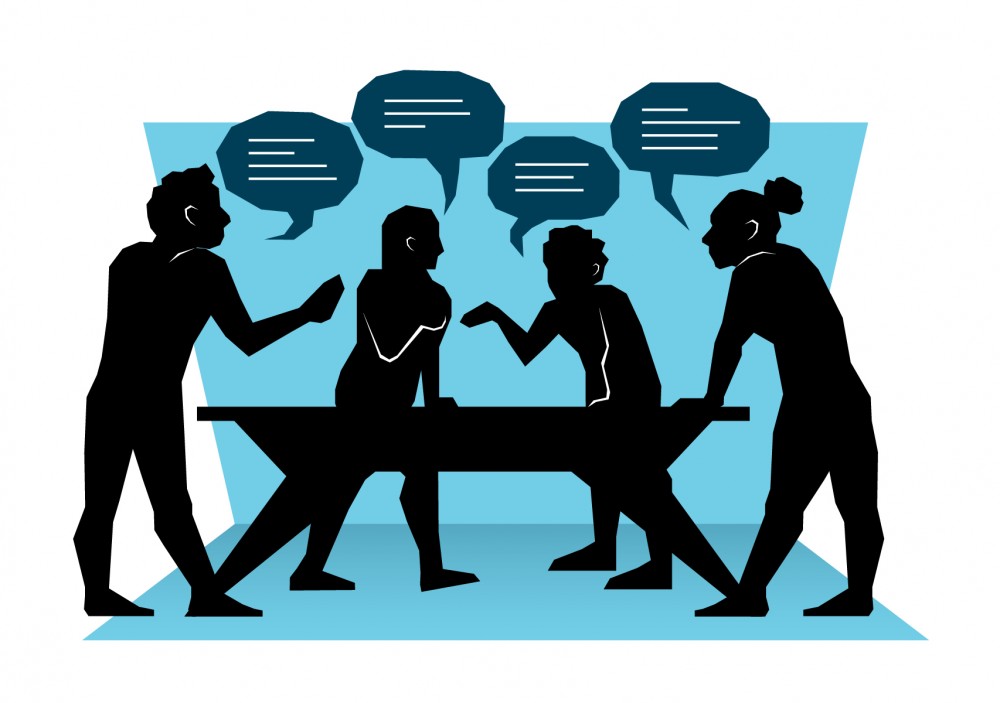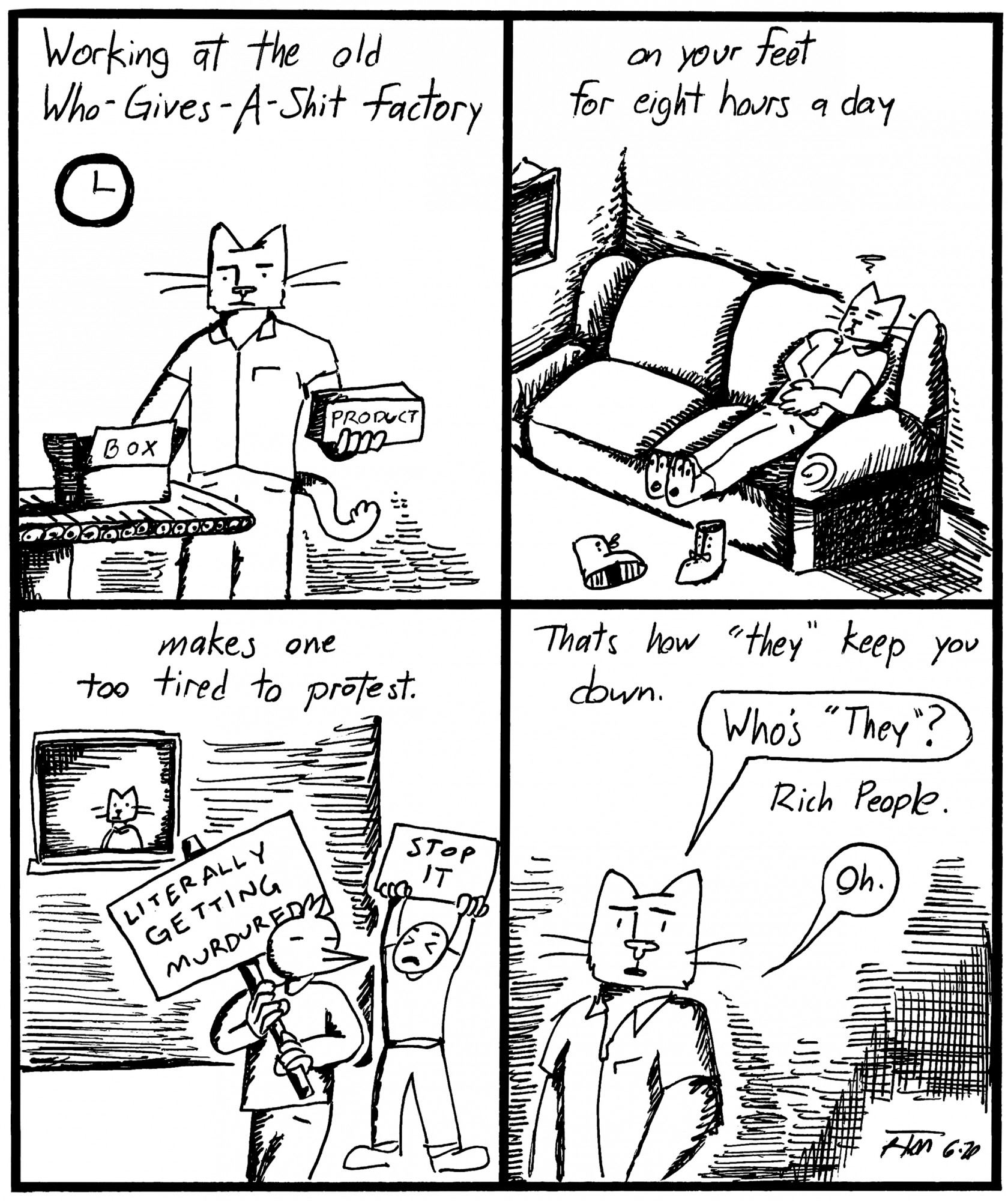Many students on campus seek resources from Boynton Health, the University’s on-campus clinic. While Boynton serves an immense purpose on campus, we believe that in order to best serve students, the University should invest more resources in it.
Why? Wait times.
The average wait time between an initial consultation and first appointment is two to three weeks at Boynton, said Matt Hanson, associate director of Boynton’s Mental Health clinic, based on 2018 data.
Boynton has increased resources in the past couple of years to keep up with demand, and will continue to increase them going into 2020-2021. It currently has 48 mental health providers on staff.
Those times depend on the urgency of a student’s needs, and Boynton is one of other resources for mental health support on campus. Still, waiting two to three weeks can be a long time for someone struggling with their mental health, and 48 staff is small compared with the size of campus.
Sometimes, wait times are longer, said Alexa Peterson, a senior at the University. After her initial consultation, she said she had to wait more than three weeks before seeing the therapist she thought was right for her. When she decided that the therapist was not the right fit, she went through another consultation, and then more waiting, she said.
“Last year sometime I was super desperate and needed to see someone ASAP and I had to do another eval to get matched with someone,” Alexa told the Daily editorial board. “I wouldn’t have been able to see them until spring break, this was in January. So again it was useless to me, so I didn’t even bother.”
There are a number of other mental health resources on campus — PAWS, Student Counseling Services and more. But, getting medical help, something of a clinical and long-term nature, offers a different type of support that students undoubtedly need.
Long wait times aren’t an issue exclusively on our campus. According to a study done by GoodTherapy, there are 33.2 psychologists for every 100,000 people in metropolitan counties. The number is even smaller for rural counties, where there are 9.1 psychologists for every 100,000 people.
Boynton’s College Student Health Survey Report from 2018 only further proved that students at the University of Minnesota need more access to mental health resources. The report says that a little over 31% of students on campus have reported being diagnosed with anxiety in their lifetime, and 27% have been diagnosed with depression.
Compare this to a national survey included in the Journal of Adolescent Health, which says that compared from 2013 to 2018, rates of moderate to severe anxiety in college students rose from 17.9% to 34.4%.
We recognize that Boynton has made a valiant effort to hire a well-trained staff to support students, and does so in many ways. Students are better off for it. But, there is still work to be done: wait times are too long, and the enormity of the campus deserves more mental health staff when it is such a growing issue on college campuses, ours included. The University should prioritize funding for Boynton Health in order to increase students’ access to mental health care.









